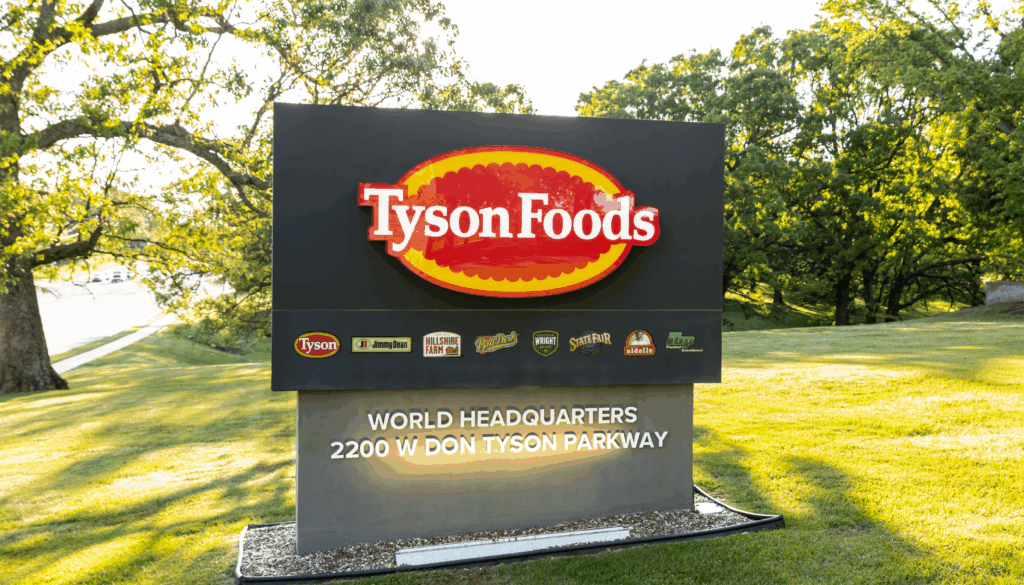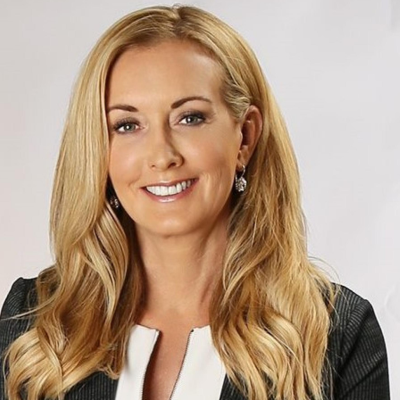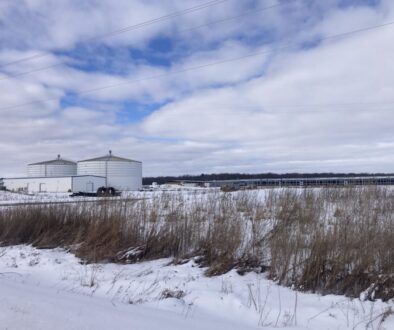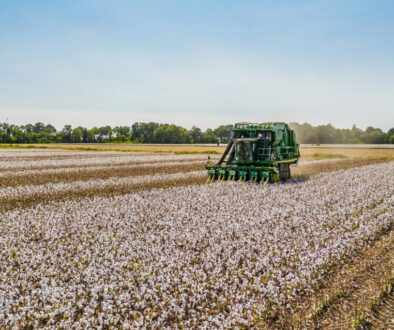Tyson agrees to settlement over climate-smart beef claims
Tyson Foods will stop asserting it is pursuing production of “climate-smart” beef and working to reduce harmful greenhouse gas emissions as part of a legal settlement of a lawsuit that challenged the veracity of the company’s environmental claims.
The settlement ends the lawsuit brought last year by the Environmental Working Group (EWG) accusing the world’s second-largest meat company of false and misleading marketing to consumers.
The lawsuit specifically took issue with Tyson’s pledge to achieve “net-zero” climate emissions by 2050, and its attachment of the climate-smart phrase to some beef products. The lawsuit said that Tyson’s greenhouse gas emissions are greater than those of many industrialized countries, and the company had no real plans to achieve the net-zero goal it presented to consumers.
Tyson denied the allegations, saying it had invested more than $65 million to reduce greenhouse gas emissions related to its beef production as part of its efforts to achieve the stated net-zero goal.
The settlement agreement states that Tyson will refrain for five years from continuing to make its claims about emissions until and unless an expert verifies the claims are valid. As well, for five years, Tyson will not make the contested claims about climate-smart beef and will specifically not describe a “Brazen Beef” product as “climate smart” or “climate friendly,” unless an expert verifies the claims are accurate.
Last week, Tyson Foods reported annual sales for its most recent fiscal year of $54.4 billion, with beef product sales totaling $21.6 billion.
Along with EWG, the Animal Legal Defense Fund, Earthjustice, Edelson PC, and FarmSTAND participated in representing EWG in the legal challenge.
“This settlement is a significant milestone for advocates and consumers who demand honesty in climate-related marketing,” Amanda Howell, managing attorney at the Animal Legal Defense Fund, said in a statement.
Earlier this month, New York announced a $1.1 million settlement with JBS USA food Company, a subsidiary of JBS Group, the world’s largest beef product producer. The state had accused JBS of misleading the public by claiming it would reach a net-zero emissions status by 2040 while making no plans to achieve such a goal.
Under that settlement, JBS is to fund climate-smart agriculture programs that help New York farmers and to change its marketing practices.
Agriculture accounts for roughly 10% of all US greenhouse gas emissions, totaling more than 663 million metric tons of greenhouse gases (GHG), according to a 2025 Congressional Budget Office report. Agriculture is the fourth-largest GHG-emitting sector in the United States.
Featured image: Tyson Foods handout




